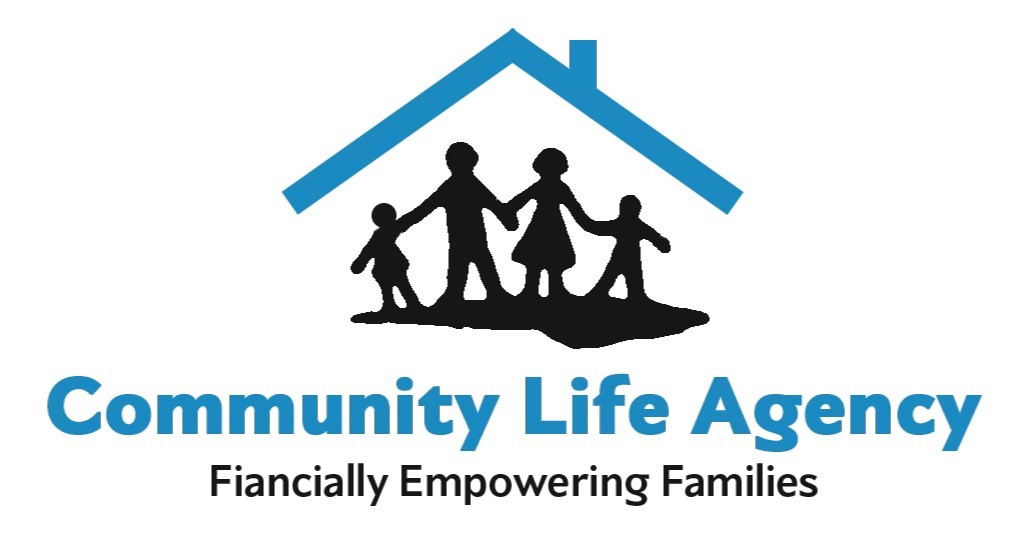Life Insurance Overview: Life insurance is an important financial tool that can provide peace of mind and financial security for you and your loved ones. In this blog post, we'll explore what life insurance is, why it's important, and the different types of life insurance available. What is life insurance? Life insurance is a contract […]
Are You Making These Common Medicare Mistakes?

Are You Making These Common Medicare Mistakes?
Medicare is a government-sponsored healthcare program that provides coverage to individuals aged 65 and over and those with specific disabilities. While Medicare can be an excellent resource for eligible people, it's essential to understand the program and avoid common mistakes that can lead to gaps in coverage and higher out-of-pocket costs. In this blog post, we'll discuss some common Medicare mistakes and how to avoid them.
- Not enrolling in medicare on time
One of the most common Medicare mistakes is not enrolling in the program on time. If you qualify for Medicare, you can sign up during your initial enrollment period, which commences three months before your 65th birthday and ends three months later. However, if you miss this initial enrollment period, you may have to pay the penalty for late enrollment.
The penalty for late enrollment in Medicare Part B, which covers doctor visits and outpatient care, is 10% of the monthly premium for every 12 months you were eligible but didn't enroll. This penalty can add up over time, so enrolling in Medicare on time is vital to avoid it.
- Not understanding the different parts of medicare
Another common mistake is not understanding the different parts of Medicare. Medicare is made up of several parts, each of which covers different types of medical expenses:
Medicare Part A: covers inpatient hospital stays, skilled nursing facility care, hospice care, and some home health care.
Medicare Part B: covers doctor visits, outpatient care, medical equipment, and some preventive services.
Medicare Part C: Also known as Medicare Advantage, private insurance companies offer these plans and provide all the benefits of Medicare Parts A and B and additional benefits such as dental and vision coverage.
Medicare Part D: Covers prescription drugs.
It's essential to understand the different parts of Medicare and what they cover so you can make informed decisions about your healthcare coverage.
- Assuming all healthcare providers accept medicare
Not all healthcare providers accept Medicare, so checking before scheduling an appointment or procedure is essential. If you visit a provider who doesn't accept Medicare, you may have to pay the total cost of the visit or pay out of pocket. You can use Medicare's provider directory or contact your healthcare provider directly to find providers who accept Medicare.
- Not reviewing your coverage annually
Medicare coverage can change yearly, so review your coverage annually is essential to ensure it meets your needs. During the annual enrollment period, from October 15 to December 7, you can change your coverage, such as switching to a different Medicare Advantage plan or adding or changing your prescription drug coverage. It's also an excellent time to review your healthcare needs and ensure your range meets them.
- Not considering supplemental coverage
While Medicare covers many healthcare expenses, it doesn't cover everything. Some expenses, such as deductibles, coinsurance, and copayments, can still result in out-of-pocket costs for Medicare beneficiaries. To help offset these costs, you may consider purchasing supplemental coverage, such as a Medigap or a Medicare Advantage plan with additional benefits. It's essential to understand the costs and benefits of each option and choose the one that best meets your healthcare needs and budget.
In conclusion, Medicare can be an excellent resource for healthcare coverage. Still, it's essential to understand the program and avoid common mistakes that can lead to gaps in coverage and higher out-of-pocket costs. By enrolling on time, understanding the different parts of Medicare, checking provider acceptance, reviewing coverage annually, and considering supplemental coverage, you can ensure you have the coverage you need to stay healthy and financially secure.
Contact Us To Know More
Cancer, Stroke or Heart Attack: How Critical Illness Insurance Helps Pay the Bills!
A serious health scare like cancer, a stroke or a heart attack changes life fast. Beyond hospital stays and treatments, everyday bills keep coming. Rent or mortgage, groceries, child care, gas, and credit card payments don’t pause just because you need time to focus on getting better. That’s where critical illness insurance can step in, […]
Injured or Sick Longer Than Expected? Why Disability Insurance Is a Financial Lifeline!
Life is always changing. Maybe you slip on the ice and hurt your back, or you come down with an illness that takes months to treat instead of weeks. When that happens, the first worry is often your health. But pretty quickly, another question shows up: how will I pay my regular bills if I […]
